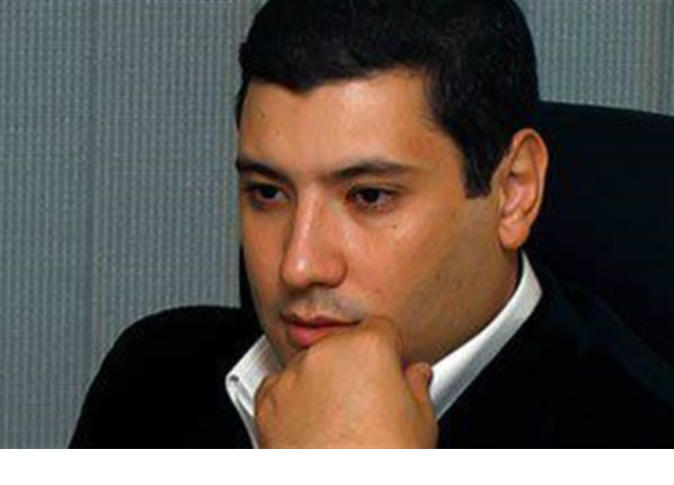The Muslim Brotherhood’s Freedom and Justice Party and the Salafi-led Nour Party have rejected that the detained officials of the former regime benefit from the Jama’a al-Islamiya’s proposal to grant amnesty to political prisoners convicted under the regime of ousted President Hosni Mubarak.
Finance Minister Momtaz al-Saeed had on Tuesday said those officials, who are detained on charges of corruption, offered to relinquish part of their wealth to the state in return for the government dropping the lawsuits filed against them, saying that the most prominent of them was Ahmed Ezz, steel tycoon and secretary of the disbanded National Democratic Party.
“The proposal pertains to those who were convicted in political cases, while those officials are being tried in criminal cases,” said Hatem Abdel Azim, a member of Parliament’s legislative committee. “None of them is being tried before an exceptional tribunal.”
Yousry Hammad, a spokesperson for the Nour Party, said the proposal is clear and should not be misinterpreted. “We refuse to pardon those who corrupted our political life and stole the wealth of the country,” he said.
Politicians revealed that the military council amended the investment law on 3 January, 20 days before the People's Assembly convened, to allow settlement in crimes related to the squandering of public funds.
The law stipulates that settlement is permissible for investors who have committed crimes mentioned in the Penal Code, provided they return all disputed funds, movables, land or real estate, or their equivalent market value at the time of the crime.
“Such a settlement is in the interest of the nation,” opined Bahaa Eddin Abu Shaqa, vice president of the Wafd Party, pointing to the difficulty of repatriating those funds, especially those siphoned abroad.
“Most countries that they transferred the money to did not sign an agreement to combat the smuggling of funds,” he explained.
Wasat Party MP Essam Sultan cast suspicion on the amendment of the law.
“The military council should not have decreed any laws before Parliament convened,” he said, adding that this could be construed as the council intending to release the former officials who are detained and perhaps even help them flee the country.
“The law is totally unconstitutional,” Sultan said.
Ahmed al-Naggar, expert at the Al-Ahram Center for Strategic and Political Studies, said the law encourages theft and plunder. “Thieves would know they would not be punished for their crimes if they return what they stole,” he said.
Amir Salem, a lawyer, said the law is a manifestation of the crimes of the former regime, as it annuls the Penal Code. “It would have to be applied to drug dealers as well because, in the eyes of the law, an investor is a dealer,” he said.
Translated from Al-Masry Al-Youm




